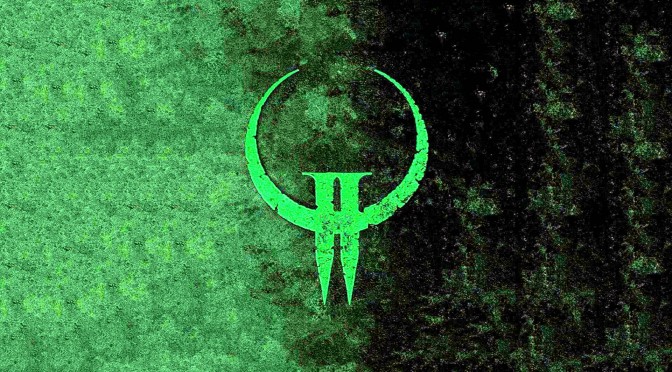Quake 2 fans, here is something for you today. Krzysztof Kondrak has released vkQuake 2; a fully functional vanilla Quake 2 experience with the Vulkan API. As its title suggests, instead of OpenGL this version of Quake 2 is simply using the newer Vulkan API.
This basically means that apart from some performance increases, though we can’t think of any modern-day PC having trouble running Quake 2, there aren’t any graphical changes. In other words, this is the vanilla game and does not feature new effects or textures.
As Kondrak himself said:
“The goal is to maintain as much compatibility as possible with the original game, so there are no fancy visual upgrades here – just pure, vanilla Quake 2 experience as we knew it back in 1997. “
Still, there are some minor tech tweaks that have been implemented. For instance, the original compiler warnings have been fixed and the M_DrawTextBox function is being called slightly differently without resorting to ending the frame prematurely. The debug build comes with additional cmd console for debugging purposes when no visuals are available, 1920×1080 screen resolution has been added, the warped texture effect (lava, water, slime) is now properly drawn (though only with Vulkan and software renderer) and software renderer has been completely replaced with KolorSoft 1.1 which adds colored lighting and fixes severe instabilities of the original renderer.
Those interested can download this fan version of Quake 2 with the Vulkan renderer from here.
Have fun!

John is the founder and Editor in Chief at DSOGaming. He is a PC gaming fan and highly supports the modding and indie communities. Before creating DSOGaming, John worked on numerous gaming websites. While he is a die-hard PC gamer, his gaming roots can be found on consoles. John loved – and still does – the 16-bit consoles, and considers SNES to be one of the best consoles. Still, the PC platform won him over consoles. That was mainly due to 3DFX and its iconic dedicated 3D accelerator graphics card, Voodoo 2. John has also written a higher degree thesis on the “The Evolution of PC graphics cards.”
Contact: Email

